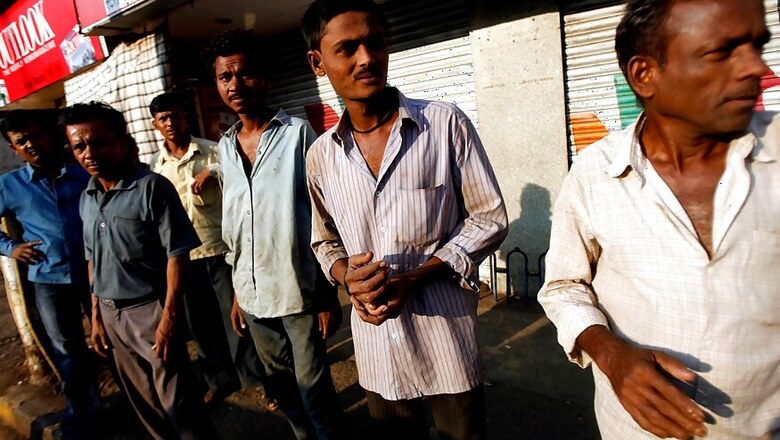
views
New Delhi: On April 28, 2016, 30-year-old law student Jisha was found murdered at her home near a canal in Perumbavoor, Ernakulam. Her body was mutilated with over 30 stab wounds. The immediate suspicion was on migrant labourers around that area.
A few days later, Jyothy Behra, a migrant worker from Assam, was beaten to death in Kottayam. The lynching was considered to be a result of the anger over the possibility of a migrant worker’s involvement in the gruesome murder of Jisha.
Cut to 2017, the sole accused in Jisha's murder has been found guilty. While the quantum of sentence is yet to be announced, the fact that the court has decided that Ameerul Islam, a migrant labourer, raped and killed the law student might worsen the already tense relationship that Keralites have with the migrants.
Jisha’s hometown, Perumbavoor, is known as mini north India owing to its huge population of migrants. When Jisha was found dead, police initially probed the migrant worker angle.
In 2015, a worker from Assam was arrested for murdering a toddy shop worker in Kuttanad. Another worker was arrested for burglary in a jewellery store. In May last year, an elderly couple and their son were killed by a worker they had hired in their dry cleaning shop in Kottayam. As per government records, at least 49 such workers were accused in murder cases in the state, 240 were booked for theft and 173 were booked for selling banned substances.
"There is a popular notion that migrant labourers are possible criminals," said T Radhamani, secretary at Devaki Warrier Memorial Women Studies & Empowerment Centre. “There are scores of Malayalis who think that migrant workers come to Kerala to escape punishment in their homeland. With the Jisha verdict, this bias will worsen. People were already suspicious when the murder came to light. Now that it has been substantiated by the court, there is no way that Malayalis will not look at people from outside with more suspicion,” she explained.
Interestingly, despite the bias, Kerala’s economy depends on the migrant labourers. Migrants are employed across all sectors—hospitality, carpentry, infrastructure, farming, etc. As per a 2013 study by the Gulati Institute of Finance and Taxation for the Kerala labour department, there are over 25 lakh domestic migrant workers in the state and as of 2016, the figure stood at around 40 lakh people — about 10% of state’s population.
The number of people coming to Kerala from other states is almost same as those leaving the state. “Keralites are getting richer and they don’t want to do the menial jobs that migrants do in the state. They are filling the gap in the local labour force,” said KC Zachariah from the Centre for Development Studies.
Radhamani agreed with Zachariah. “Everyone knows that migrant labourers are the backbone of the service sector in the state. People will raise questions and demand more surveillance by the police but they will still let migrants work.”
This dependence on migrant labourers, Zachariah said, is enough for the state to spend more on them in terms of healthcare and education. And indeed, after the rumoured exodus of around 400 labourers from Kerala earlier this year, the state police department conducted ‘adalats’ in all districts where migrant workers were asked to discuss the issues they faced.
Kerala is one of the few states with functional policies and schemes for migrant workers including insurance, education among others. A 2016 paper, Social Integration of Migrant Workers in Kerala: Problems and Prospects, which was sponsored by the Kerala Institute of Labour and Employment, stated “Kerala, for one, has set the ball rolling by beginning work on a piece of legislation specifically 11 focused on migrant workers. Tentatively titled the Kerala Migrant Workers (Conditions of Service and Compulsory Registration) Social Security Bill, the proposed law could turn out to be yet another model from the State for the rest of the country if handled sensitively and imaginatively.”




















Comments
0 comment